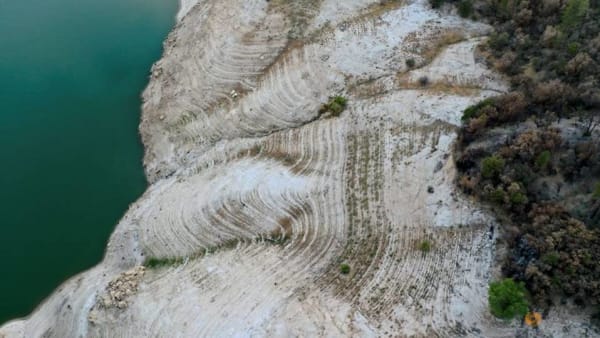


Typically the jet stream moves weather systems across the continent at a fairly consistent pace. The persistent high pressure that has been dominating the West can be traced back to what’s called a “blocking pattern”. The overall annual temperatures have warmed by about 3☏. Since 1970, summers have warmed about 2.5☏, but since 1940 temperatures have increased over 4☏. Courtesy of NWS Portland officeĪccording to Climate Central, the city of Portland has seen an increase in temperatures over the past few decades. The hottest temperature ever recorded before Saturday was 102☏ set back in 2006. This high of 112☏ on Sunday broke the all-time hottest temperature ever recorded, which was set just the day before of 108☏. Portland shattered their record high for June 27th. This natural air conditioner is why cities on the West Coast, and specifically in the Pacific Northwest, build their cities and homes without air conditioning as a high importance.Īnd now this region is experiencing a heat wave that even us Central Texans would find difficult to endure.Ĭities like Seattle and Portland have seen highs in the triple digits since Saturday. Fortunately, we have tools to cope, including hydro and. Even though it’s an ocean current, it also cools the air above and is why the West Coast has a “natural” air condition almost year round. The unprecedented heat wave in the Pacific Northwest in late June would have been virtually impossible without the influence of human-caused climate change, according to an analysis by more. Heat waves are stressing the electrical grid in the Pacific Northwest, making regional system operators prepare for rolling blackouts. This ocean current runs from north to south down the West Coast from Alaska all the way down to the Baja California. This weekend, this same ridge of high pressure has strengthened again, but this time the ridge is centered over the Pacific Northwest, an area that is highly influenced by the California ocean current. What is the Gulf of Mexico ‘dead zone’ and how big will it be this summer The Pacific Northwest heat wave is shocking but shouldn’t be a surprise Summers in the Pacific Northwest are about three degrees warmer today than 50 or 100 years ago, said Zeke Hausfather, a. The heat wave in the Pacific Northwest comes a little over a year after all-time records were smashed in Seattle and Portland, with high temperatures of 108 and 116 degrees, respectively. Hundreds of people have died in a historic heat wave in the region that has caused record-shattering temperatures in British Columbia, Oregon and Washington.


 0 kommentar(er)
0 kommentar(er)
